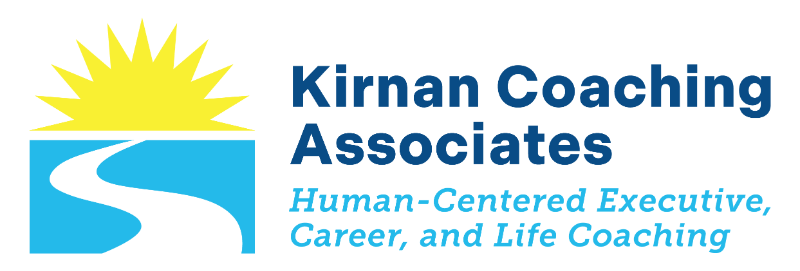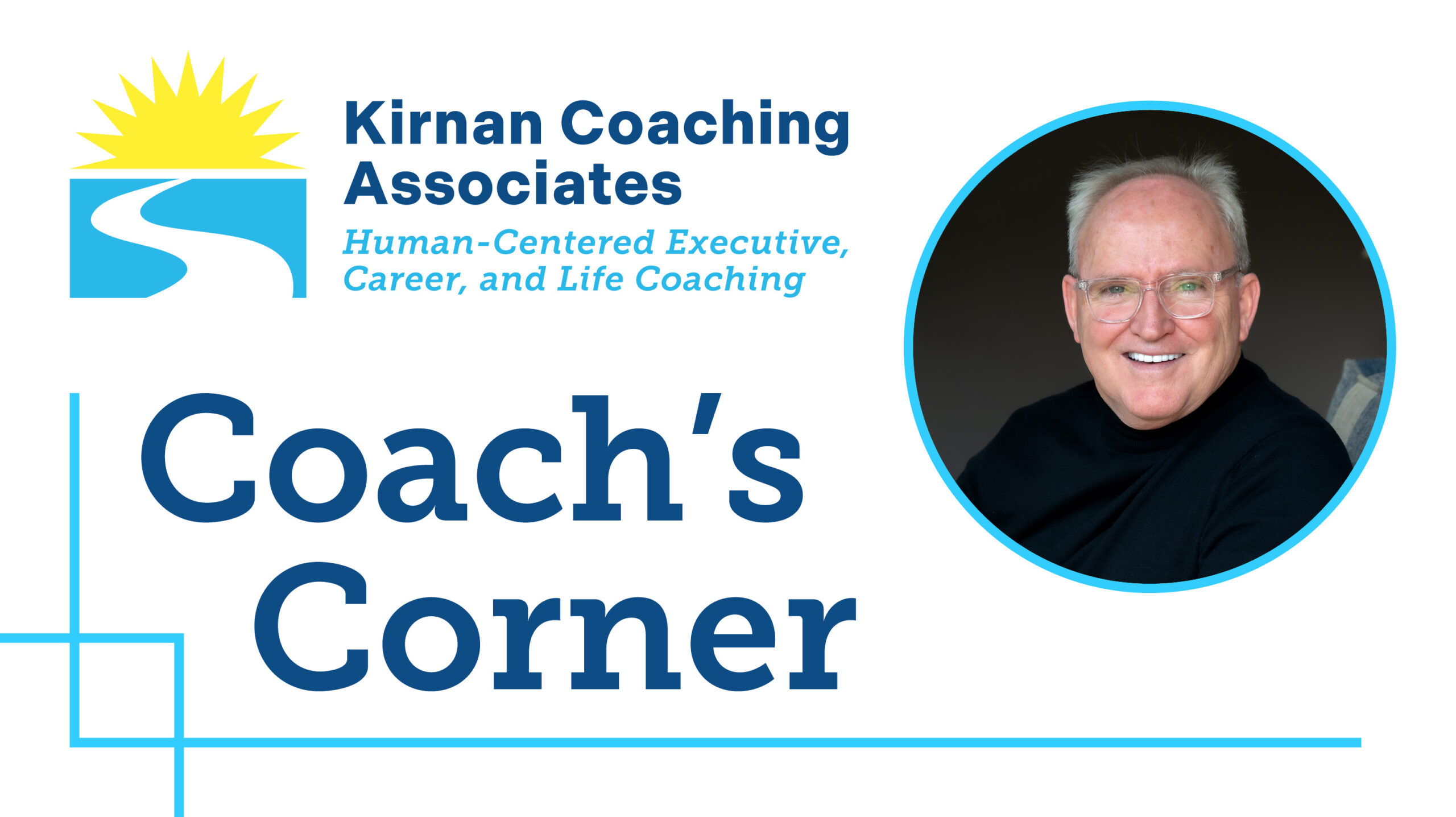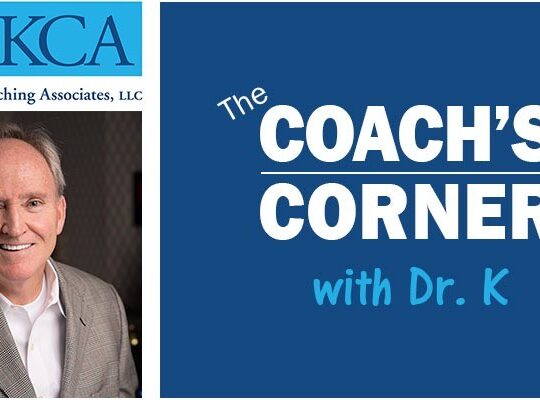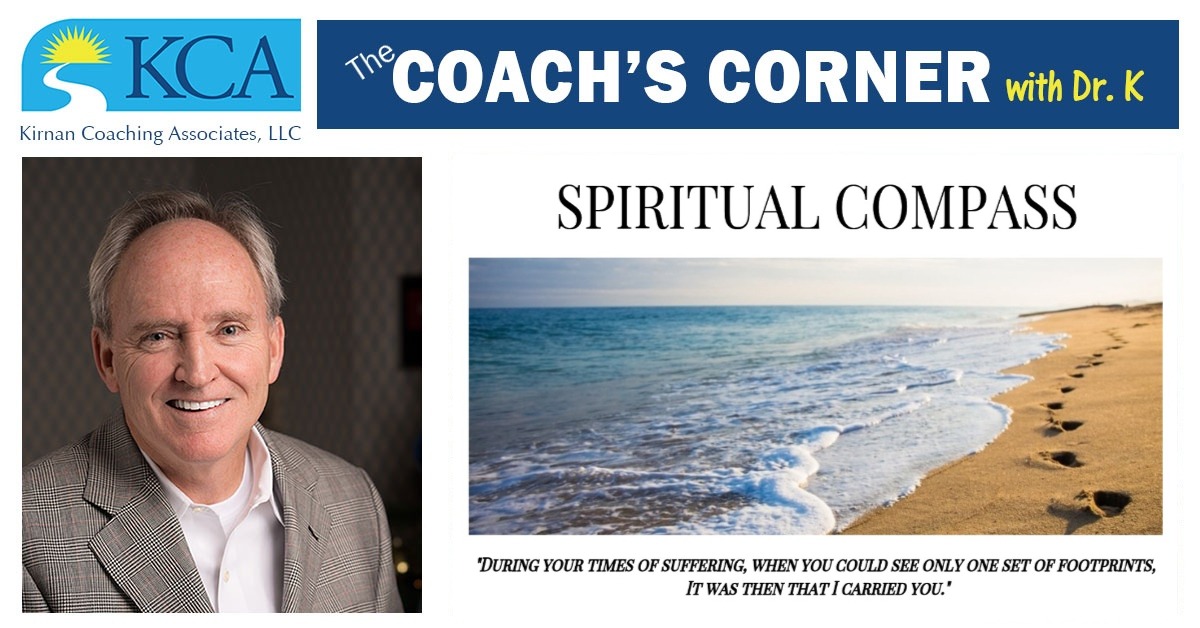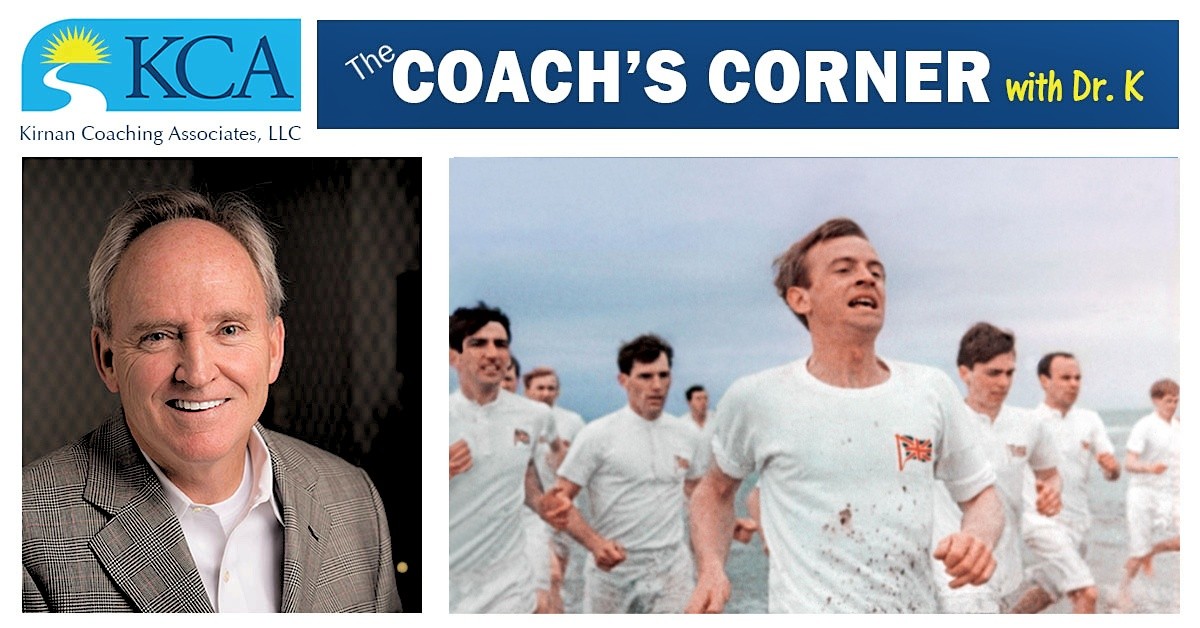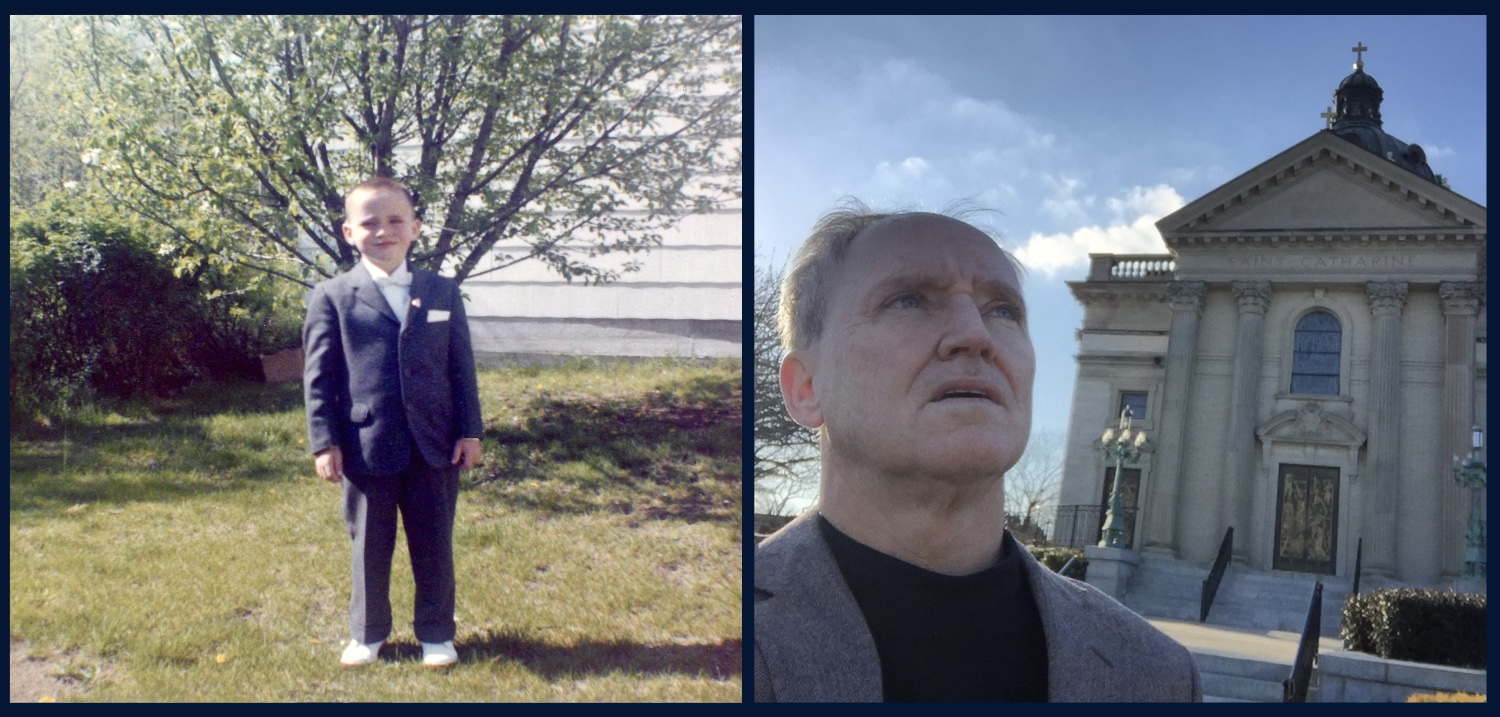“The first thing we have to do is to notice that we’ve loaded down this camel with so much baggage we’ll never get through the desert alive. Something has to go. Then we can begin to dump the thousand things we’ve brought along until even the camel has to go and we’re walking barefoot on the desert sand. There’s no telling what will happen then. But I’ve heard that someone, walking in this way, has seen a burning bush”. From the poem “Lightening the Load” by Francis Dorff (1999)
My Old Scripts and Limiting Beliefs
I first came across this beautiful poem by Dorff several years ago while attending a 42-hour silent retreat at Loyola Jesuit Center in Morristown, New Jersey where I serve as Trustee and Treasurer. The poem really resonates with me and is a poignant reminder to continually assess whatever entrenched storylines, old scripts, behavioral tendencies, and/or self-limiting beliefs may no longer serve their purpose for where I might be in my life and career. On a personal level, I have struggled my entire life with perfection, not just the need to be perfect but to have perfect information before making a decision. I’ve also struggled with feelings of inadequacy that I can never be worthy enough or good enough. But by far my most dominant self-limiting belief is that I am not smart enough, too slow to learn, and that I don’t process things as quickly as I should. This latter belief goes all the way back to my first day in second grade when my teacher Mrs. Hoagland read the names of each of my 40 classmates out loud along with their assigned reading group – the Lions (the fast readers), the Tigers (the average readers), and the Bears (the slow readers). When my name wasn’t read, I quickly raised my hand, asking Mrs. Hoagland if I could be in the Lion’s group. She quickly apologized for missing my name and then said the words that sting as much today as they did back in 1962 “John, you’ll be with the Bears group”.
It’s incredible to think that my most dominant self-limiting belief of being a slow learner/processor could be formed at such an early age but the truth is that many of our beliefs are formed in childhood and they can become our default way of thinking when different situations arise. Any storyline, script, or self-limiting belief may have fit neatly with a specific circumstance in an earlier time of our life, but it doesn’t mean that it will or should apply every time thereafter. But once these tendencies are formed, they become like an automatic defense mechanism and can potentially get in the way of where we may want to go at a later stage in life.
Other Common Self-Limiting Beliefs
My sense is that most of us carry some old scripts or limiting beliefs that we’d like to leave behind, but it’s a task more difficult than it may appear at first glance. Among the more common limiting beliefs I have witnessed in my work as a human-centered Executive and Career Coach are phrases like “I can’t trust other people”, “I need to be in control”, “I need to be liked, loved, and popular”, “I need to be right”, “I need to be the hero”, and “I need to solve everyone’s problems”. The problem solver one really hits home for me as I often say to my family and close friends that I am a “recovering fixer”, a behavioral pattern that was framed by circumstances that shaped me at an earlier time in my life.
Reframing Leadership Behaviors and Tendencies
Besides the limiting beliefs and the stories we tell around them are those bad behaviors and habits that we often bring into the workplace that best-selling author and Executive Coach Marshall Goldsmith so eloquently defined in his book What Got You Here Won’t Get You There. Goldsmith’s list of 20 behaviors is a great exercise to use in working with clients who are trying to enhance their leadership potential and need to be more self aware of what their current behavioral tendencies are and how they are impacting others within the organization. These behaviors can often resemble an old script and follow the same default pattern that is embedded in many of our limited beliefs. Patrick Lencioni’s The Five Temptations of the CEO takes a similar approach touching on some of the common behavioral tendencies of C-Suite Leaders who prioritize status over results, popularity over accountability, harmony over conflict, personal status over collective results, and invulnerability over vulnerability.
A Template to Help Reframe an Old Story, Belief, or Behavior
What’s really fascinating to me is how often clients will express one of their self-limiting beliefs during a session without necessarily realizing it and many will share feedback gleaned from a performance appraisal and the specific behaviors that need to be addressed. But once a limiting belief or behavioral tendency has been identified, we can then explore that belief or behavior in more detail through the use of open ended questions that can help the client assess the merits of the belief or behavior. For example:
- What comes up for you by continuing to hold onto to the old story surrounding your limiting belief or behavioral pattern?
- Is the story behind your limiting belief or behavior really working for you at this moment in your life?
- What part of the old story, limiting belief, or behavior are you carrying by necessity and what part might you be able to let go of?
- What are the costs to you of continuing to carry your story, limiting belief, or behavior into the future?
- What are the benefits to you of continuing to hold onto your story, limiting belief, or behavior into the future?
- Spiritually, what might God be asking of you regarding your story, limiting belief, or behavior? Could more intentional prayer, reflecting on scripture, attending a Retreat, or talking with a priest, rabbi or Spiritual Director help free you from the old story, limiting belief, or behavior you’d like to change?
- If you could reframe the story, limiting belief, or behavior what would you like it to look like?
So how about for you? Are there old stories, scripts, self-limiting beliefs, and behaviors that may be holding you back and getting in the way of where you want to go? Which ones are most dominant in your life right now? How can your unique stories, limiting beliefs, and behaviors potentially be reframed in a new way and one that allows you greater freedom to move forward in the way you’d like? Looking forward to all the new stories and chapters that lie ahead and finding that inner strength to reframe those stories, limiting beliefs, and behaviors that no longer serve us.
Wishing my clients, fellow coaches, colleagues, and friends the gift of God’s abundant blessings, Dr. K
